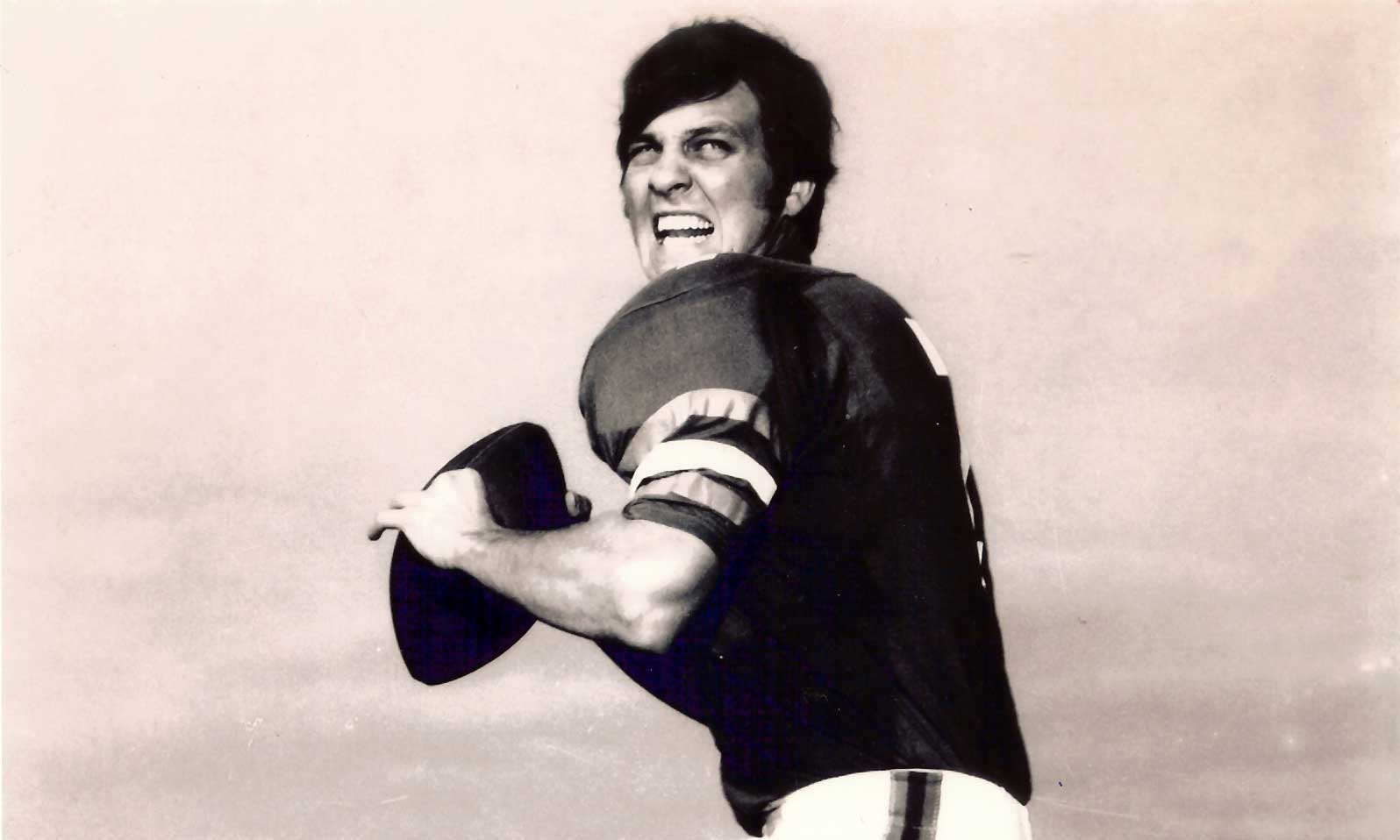Each Friday former Gator All-American quarterback answers your questions about the Gators and football.
1. What were your impression of the redshirt QB that played in the South Carolina game? Do you think he has the skills to be a successful SEC quarterback? — rockledgegator.
I thought Morningweg was okay. We didn’t let him throw the ball enough to evaluate his skills on the various throws. He threw the short passes well. It’s when you throw the 10-yard outs or hooks that accuracy comes into play. Then there are the Intermediate throws of 10-20 yards. Now that’s a whole different animal. Then if you throw the long balls such as go routes or posts, that’s another game altogether.
When I was a coach we did a study on long balls and determined that the average long ball is 41 yards from the line of scrimmage. It doesn’t take a great arm to hit those. It’s a matter of timing. I coached various quarterbacks that had trouble with the longer throws. It’s a matter of taking the time in Individual and group drills to master the throws. Then you graduate to team drills, scrimmages, spring games, etc. to become a successful QB. You can learn to become an efficient passer, given time and coaching.
2. Why won’t they throw the bomb? I continually do not understand why we won’t throw the ball deep. — rockledgegator
If the Gators choose not to throw the bomb I would imagine it is because the coaches and/or players don’t have a history of being successful with it. I love the bomb. What a weapon.
When I was traded to the Cincinnati Bengals in 1975 the head coach was Paul Brown and the quarterback coach was Bill Walsh. They didn’t even call them offensive coordinators then. After Paul Brown addressed the team in our first team meeting, we split into offense and defense meeting rooms. Bill Walsh took over the offensive meeting. He said, “Isaac Curtis stand up.” He was our great wide receiver that ran a 9.2 100-yard dash back when they ran 100 yards instead of meters. Walsh said, “The first thing we’re going to do is go deep to Isaac. After that we’ll worry about the rest of the offense.” He went on to do that at San Francisco with Jerry Rice.
3. If you are a pretty good offensive coordinator and you were offered the Gator offensive coordinator job, why would you take it and why wouldn’t you take it given the actual circumstances? – nica_gator
It may be hard to get an established offensive coordinator at a big school to take a lateral move position. Maybe an offensive coordinator at a smaller school in a less powerful conference would be interested. Also an assistant coach under a good offensive coordinator in the college ranks or pro ranks could be a prospect.
Who wouldn’t be interested in being offensive coordinator at the University of Florida? Are you kidding me? It is one of the greatest jobs in college football and it pays well, too. It is a chance to work with four and five star recruits at a major university that plays its football in the SEC, the toughest and most powerful conference in the country. It is a position that also gives a challenge to develop a team into a SEC and national champion. Then if you prove yourself, it will give you the possibility of becoming a head coach at a major university. Even though the Gators have had a disappointing season, believe me, if the job opens Will Muschamp will have to fight off the applicants. And, if it does come open he probably already has someone in mind.
4. Do you think Muschamp should keep Brent Pease as the offensive coordinator? What are the pros and cons of him staying or leaving? — MrB-Gator
I don’t see Pease getting better. Maybe he will but I don’t know if he’ll get the chance. His scheme doesn’t impress me. It doesn’t look like the offense Boise State ran so I don’t know if he really ran the offense there. We are 111th in the country in offense. You can’t blame everything on injuries. The system is what it is no matter who plays.
5. We always hear about how important it is to establish the run but I see teams like Baylor and Oregon pass to establish the run. Is one way better than the other? Or does it have to do with the defense and how they’re playing you which you establish first? Is this idea of “taking what they give you” overrated? — Art Seefartsy.
The best teams I ever played or coached on were pass first which set up the run. Personally that’s the way I like it. Multiple formations and motions confuse the defense. You can run the same 25 plays out of 5-7 different formations with wrinkles and it looks like you have 100’s of plays.
I like to dictate to the defense what will happen, but you have to vs. the front or pass coverage that the other team lines up in.
6. I’m curious about how a player handles fame off the field. — robbers
Some players handle it well and stay humble but for others it goes to their head and they become arrogant and rude. I appreciate a player that has success and keeps things in perspective. I just saw a special on Roger Staubach on ESPN. In my opinion he will always be one of the greatest quarterbacks of all time, yet he remains humble and a great family man.
Football, what a game … love it!!!
Go Gators!!!
John Reaves QB7


